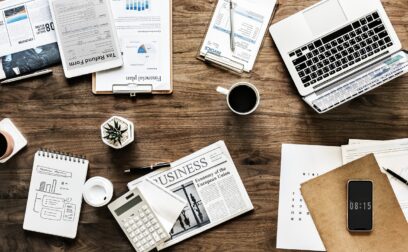Definition
Capital expenses, often referred to as capital expenditures, represent significant financial investments made by a business or an organisation to buy, upgrade, or extend the life of long-term assets.
What is capital expenses?
These assets typically have a long useful life and contribute to the company’s ability to generate revenue or improve its operational efficiency.
Capital expenses are capitalised on the balance sheet, meaning their costs are spread over the useful life of the asset rather than expensed in the period of purchase. Businesses carefully evaluate and plan capital projects as these investments have long-term implications for the company’s financial health and operational capabilities.
Businesses incorporate capital expenses into their budgeting and strategic planning processes. Accurate forecasting and financial planning are important to make sure the availability of funds for capital projects without negatively impacting day-to-day operations.
Example of capital expenses
YZ Manufacturing Inc. is a company that specialises in producing precision machinery. The existing manufacturing equipment at XYZ Manufacturing is becoming outdated, impacting efficiency and product quality. To maintain competitiveness, the company decides to invest in new, state-of-the-art machinery.
- Purchase of new machinery:
- XYZ Manufacturing identifies a cutting-edge CNC (Computer Numerical Control) machine that will significantly improve production processes. The cost of the CNC machine is €500,000.
- Installation and training:
- In addition to the cost of the machine, XYZ incurs additional expenses for the installation of the CNC machine and training for the employees who will operate it. These costs are part of the total capital expenditure.
- Accounting treatment:
- In XYZ Manufacturing’s financial statements, the €500,000 spent on the CNC machine and associated installation and training costs are classified as capital expenses. These expenditures are not fully expensed in the year of purchase but are capitalised on the balance sheet.
- Depreciation:
- Instead of deducting the entire €500,000 from the company’s income in the year of purchase, XYZ Manufacturing will depreciate the value of the CNC machine over its useful life. This spreads the expense over multiple accounting periods, reflecting the ongoing benefit derived from the asset.



































 yet? Register here!
yet? Register here!